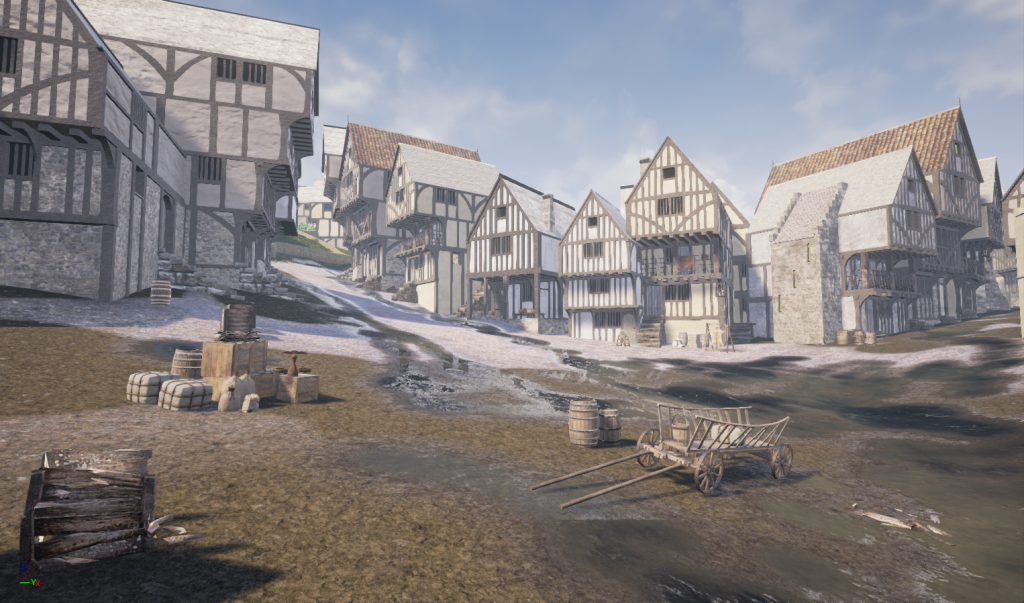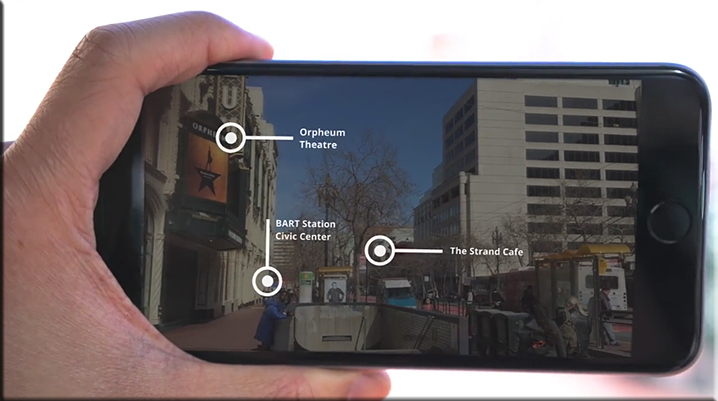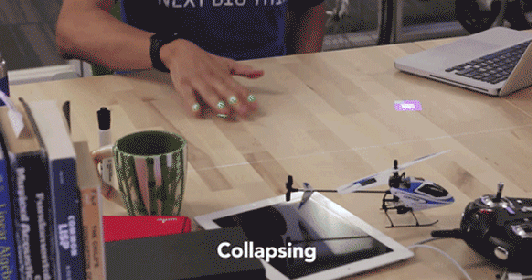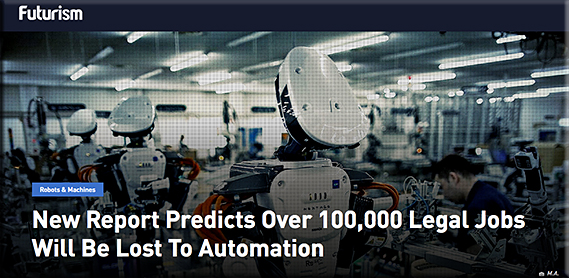The Internet’s future is more fragile than ever, says one of its inventors — from fastcompany.com by Sean Captain
Vint Cerf, the co-creator of tech that makes the internet work, worries about hacking, fake news, autonomous software, and perishable digital history.
Excerpts:
The term “digital literacy” is often referred to as if you can use a spreadsheet or a text editor. But I think digital literacy is closer to looking both ways before you cross the street. It’s a warning to think about what you’re seeing, what you’re hearing, what you’re doing, and thinking critically about what to accept and reject . . . Because in the absence of this kind of critical thinking, it’s easy to see how the phenomena that we’re just now labeling fake news, alternative facts [can come about]. These [problems] are showing up, and they’re reinforced in social media.
…
What are the criteria that we should apply to devices that are animated by software, and which we rely upon without intervention? And this is the point where autonomous software becomes a concern, because we turn over functionality to a piece of code. And dramatic examples of that are self-driving cars . . . Basically you’re relying on software doing the right things, and if it doesn’t do the right thing, you have very little to say about it.
I feel like we’re moving into a kind of fragile future right now that we should be much more thoughtful about improving, that is to say making more robust.
Imagine a house that stops working when the internet connection goes away. That’s not acceptable.













